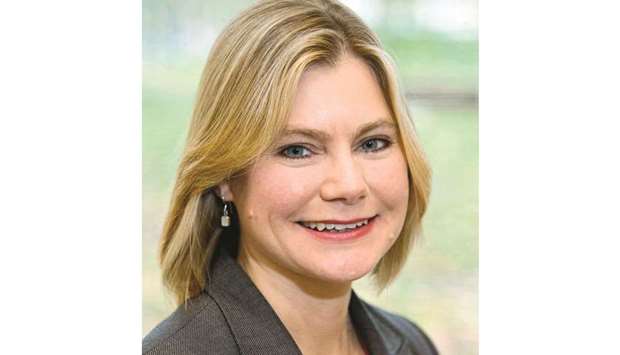Some of the most high-profile female presenters at the BBC yesterday called on the head of the public broadcaster to “act now” to address a gender pay gap that sees it pay its top male star five times more than its best-paid female presenter.
Reaching 95% of British adults every week and a global audience of 372mn, the BBC is a prized national asset but faces intense scrutiny over spending as its funding comes from a fee levied on TV viewers.
Its list of on-air employees earning at least £150,000 numbered 96 people, two-thirds of them men, most earning more than women doing similar work.
“You have said that you will “sort” the gender pay gap by 2020, but the BBC has known about the pay disparity for years. We all want to go on the record to call upon you to act now,” more than 40 women wrote to the BBC’s director general, Tony Hall.
The BBC had not wanted to disclose information which it said would make it easier for rival broadcasters to poach talent, but bowed last week to the government’s demand to publish the salaries of its highest earners.
BBC responded in a statement that it has made “significant changes” in recent years but needs to do more to close the pay gap.
Education Secretary Justine Greening, who handles matters involving women and equality, told Sky News yesterday it is “impossible not to be shocked” by the BBC’s pay disparity.
She said the salary gap is “very hard to justify.” Prime Minister Theresa May has also criticised the pay differential.
The letter to Hall says the documents confirmed a long-held suspicion that “women at the BBC are being paid less than men for the same work.”
Clare Balding, one of BBC’s most accomplished TV journalists, said in a pointed tweet that a 2020 target for equal pay isn’t good enough, since the Equal Pay Act was enacted in 1970 and the Equality Act was passed in 2010.
“We’re standing together to politely suggest they can do better,” she said.

Greening: salary gap u201cvery hard to justifyu201d
